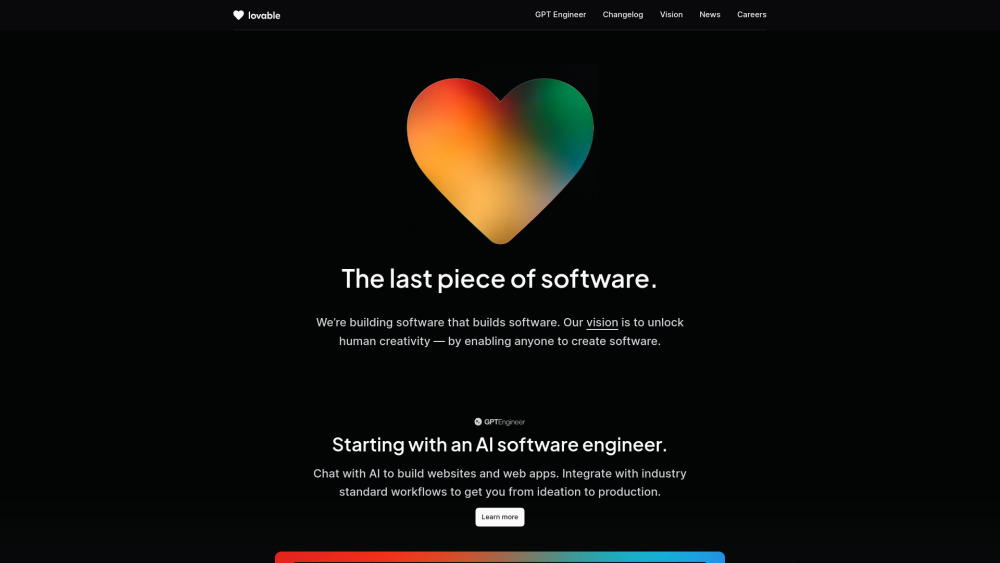Performance Analysis of Apple’s M4 Chip: A Comparison with Intel Processors
Since its release, the Apple M4 chip has garnered significant attention due to its remarkable performance. In various benchmark tests, the M4 chip has demonstrated impressive single-core and multi-core capabilities, making it one of the leading processors on the market today. So how does the performance of the Apple M4 chip compare to Intel's offerings? This article provides an in-depth analysis.
Core Configuration and Technical Features of the M4 Chip
The Apple M4 chip is built using TSMC's second-generation 3nm manufacturing process and integrates approximately 28 billion transistors, resulting in higher transistor density and lower power consumption. The M4 features a hybrid architecture with four high-performance cores and six efficiency cores, allowing it to excel in both demanding workloads and light tasks. Additionally, the M4 supports up to 16GB of LPDDR5X-7500 memory, with a memory bandwidth of 120GB/s, enhancing overall system performance.
For graphics processing, the M4 is equipped with a 10-core GPU, showing significant improvements over its predecessor, the M3 chip. Furthermore, the M4 has upgraded its Neural Processing Unit (NPU), providing 38 TOPS of computing power, which excels in AI calculations and machine learning applications. These technological advantages significantly boost the M4's capabilities in graphics processing and intelligent computing.
Performance Comparison: M4 Chip vs. Intel Processors
In terms of single-core performance, the M4 chip has achieved outstanding results. Benchmark data from Geekbench shows that the M4 scores around 3800 points, outperforming rivals like the Intel i9-14900KS, highlighting its superiority in single-core tasks. Although the i9-14900KS has more cores and threads, the M4 still holds the edge in single-core performance.
Regarding multi-core performance, while the M4 has fewer cores than the Intel i9-14900KS (which boasts 24 cores and 32 threads), its efficient architecture and impressive clock speed enable it to deliver strong performance in complex tasks. The M4's high scores in multi-core testing further confirm its capabilities.
In comparison with other Intel processors, the M4 chip also outperforms the Core i7 and i5 series, and in some respects approaches or surpasses high-end Core i9 models. This indicates that the M4 chip has reached a performance level comparable to Intel's flagship processors.
Application Scenarios and Performance Optimization
The Apple M4 chip is primarily used in high-end mobile devices, such as the iPad Pro, which require handling large amounts of graphic data and complex computational tasks. The M4 provides users with a smooth and efficient experience thanks to its exceptional performance and energy efficiency.
Moreover, significant efforts in performance optimization have been made with the M4. Its advanced manufacturing process and hybrid architecture not only enhance performance but also reduce power consumption and heat generation, ensuring stable performance even under prolonged heavy workloads.
Conclusion and Future Outlook
The performance of the Apple M4 chip has, in many ways, surpassed that of Intel's flagship processors. Whether in single-core or multi-core applications, the M4 showcases remarkable strength. Through its advanced manufacturing techniques and hybrid architecture, the M4 not only boosts performance but also improves energy efficiency, solidifying its status as a top-tier processor in the marketplace.
Looking ahead, as AI and machine learning technologies evolve, the M4's advantages in AI processing will become even more pronounced. Apple is expected to continue investing in chip development to enhance processor performance, aiming to deliver an even more exceptional user experience. Anticipation builds for Apple's future announcements of innovative technologies that will drive advancements across the industry.




